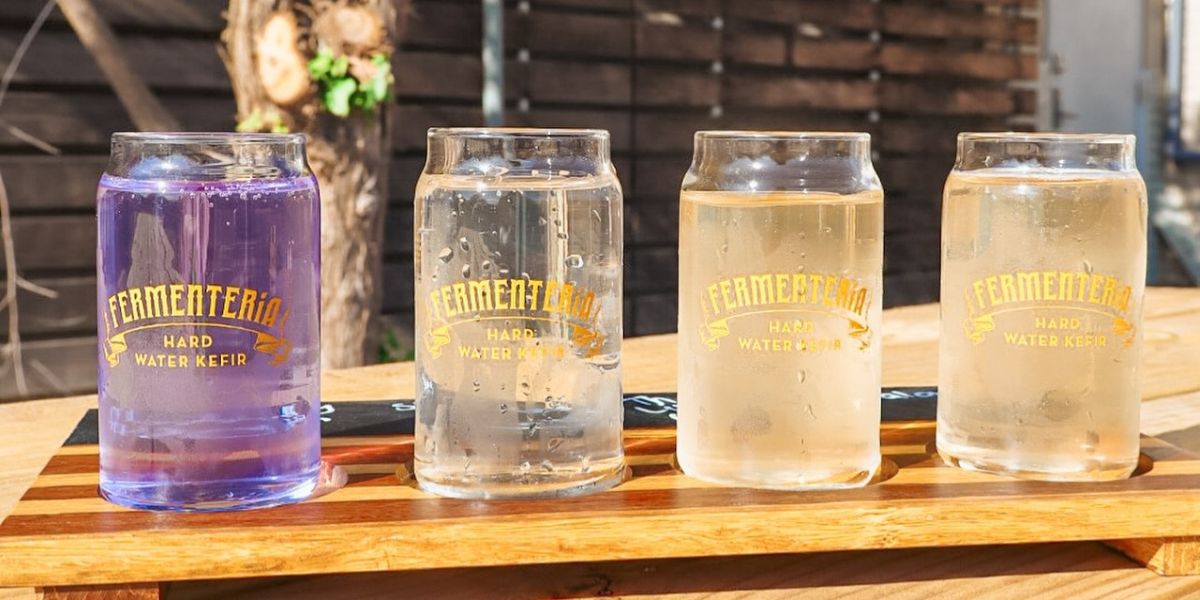The Rise of Functionality in a Saturated Market
In the world of wellness, few categories have grown as quickly as functional beverages. Once mainly found in niche health food stores, drinks that aim to improve digestion, focus, or immunity are now becoming more common in mainstream retail, offering consumers a convenient way to enhance their wellness. However, as the category expands, so does skepticism. Are these beverages truly functional, or just cleverly marketed lifestyle products?
The Marketing Trap: Buzzwords vs. Benefits
As a nutrition expert following this space closely, it’s clear that many functional beverages may not be living up to their marketing claims. The industry is flooded with products that prominently feature wellness buzzwords like “probiotic,” “adaptogenic,” and “clean.” However, these terms are not always supported by substantial scientific evidence or ingredient transparency. For consumers trying to improve their health, distinguishing between marketing and actual benefits has become increasingly challenging.
One of the most common concerns is the widespread use of sugar and artificial sweeteners in beverages marketed as “healthy.” It’s not uncommon to find kombuchas and other fermented drinks containing over 15 grams of sugar per can, which is roughly equivalent to a scoop of ice cream. Others may avoid sugar but substitute it with synthetic or “natural” sweeteners that still affect metabolic and digestive systems. This could potentially reduce the overall effectiveness of the claimed health benefits, especially when the goal is gut support or inflammation reduction.
What Actually Makes a Beverage Functional?

Live probiotics are delicate, and not all survive the bottling, shipping, or digestive processes. Some beverages claim probiotic benefits without specifying how many colony-forming units (CFUs) remain or whether they are still viable. This is why brands offering transparent lab testing and strain documentation are helping to set a more informed standard for what consumers should expect.
Fermentation as a Functional Foundation
An interesting trend is the use of water kefir as a base. Unlike kombucha, which can be vinegary and relatively high in sugar, water kefir ferments into a lighter, naturally bubbly drink with a milder flavor. Some innovators in the space, like Fermenteria, are demonstrating what’s possible when this base is paired with zero sugar, no sweeteners, and verified high-dose probiotics. Their in-house lab confirms between 10 and 12 billion live CFUs per non-alcoholic can, and over 20 billion for their alcoholic line, with over 12 strains of probiotics identified. This makes them one of the few brands that can confidently back up both taste and function.
What’s encouraging about this shift is that consumers are starting to ask more informed questions. They are becoming more interested in understanding what “probiotic” actually means in a beverage. They are examining labels more closely, comparing sugar content, and prioritizing product performance over brand personality. Brands that respond to this demand are not just delivering on taste—they are also restoring some much-needed credibility to an industry that has struggled with overhyped claims.
A New Gold Standard for Functional Beverages
True functional beverages aren’t defined by trendy labels. They are grounded in science, clear in purpose, and transparent about what they provide. As the wellness industry matures, so too must the products that support it. The future of the functional beverage industry is likely to be shaped by those who can demonstrate their effectiveness, one sip—and one strain—at a time.

Fermenteria is one example of a brand that is embracing this approach. It’s more than just a better-tasting alternative—it’s a thoughtful, science-backed choice for those seeking results from their beverages. Each can is crafted with live probiotics, making it one of the more potent options available. And it’s done without cutting corners: Zero sugar. No sweeteners. Gluten-free. Vegan. Keto-friendly. Only 10 calories per can.
Unlike most fermented drinks, Fermenteria doesn’t have the typical vinegary taste or need for artificial sweeteners to make it palatable. It’s crisp, clean, and refreshing, similar to sparkling water rather than a supplement. And with each batch independently verified through rigorous lab testing, what’s listed on the label is a reliable reflection of the contents.
As the functional beverage market matures, the future likely belongs to brands that emphasize real benefits, not just catchy buzzwords, but verifiable evidence. Fermenteria is setting a new standard in this field and offering a glimpse into the next generation of probiotic drinks. Explore the difference for yourself at www.fermenteria.com.
Disclaimer: The content provided in this article is for informational and educational purposes only and does not constitute medical advice, diagnosis, or treatment. Individual results may vary, and consumers should consult with a qualified healthcare professional before making decisions based on the content. Product claims made by Fermenteria are those of the brand and have not been evaluated by the Food and Drug Administration.









